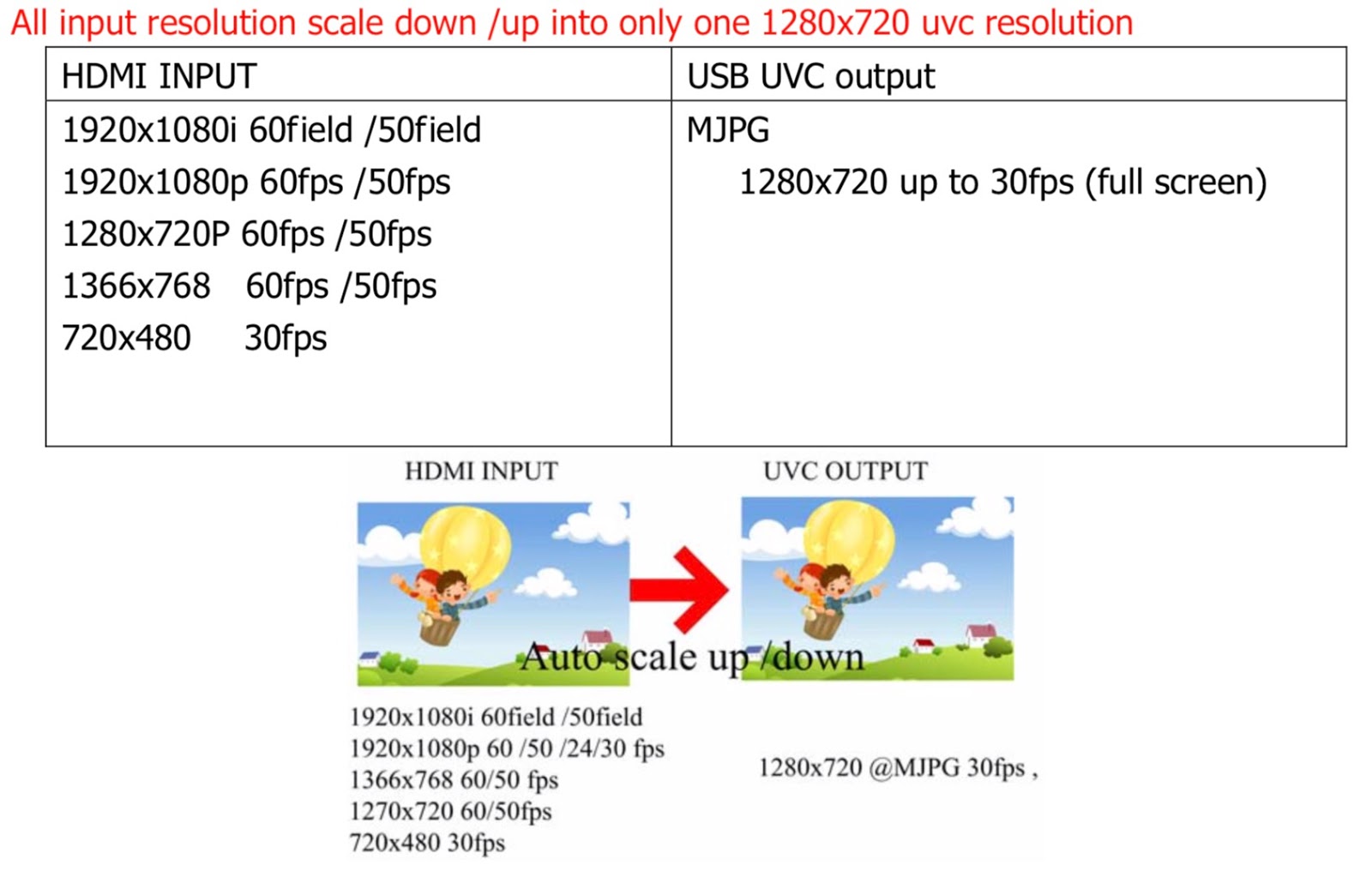Drivers UVC
Download driver ASUS USB2.0 UVC VGA WebCam Driver version 0011.0030.2010.0109 for Windows XP, Windows Vista, Windows 7 32-bit (x86), 64-bit (x64). Screenshot of files Installation screenshots ASUS USB2.0 UVC VGA WebCam Driver File Name.
-->Step 1: Get started with USB Video Class (UVC) using documentation from USB.org and Microsoft
Use these links to get acquainted with UVC:


- These are the last drivers for Elgato Gaming devices, for Windows 7, 8, and 8.1. These drivers are designed for software that was released a few years ago. All current Elgato Gaming software is for Windows 10, so these drivers will not be useful to the vast majority of users. They are only useful to people that have decided not to update their software.
- The Windows inbox USB video class (UVC) driver supports cameras that capture the scene in YUV format and transmit the pixel data over USB as uncompressed YUV or as compressed MJPEG frames. The following format type GUIDs should be specified in the stream video format descriptor, as defined in the WDK ksmedia.h header file.
Access the USB class documentation (non-UVC specific) at USB.org
Download the USB Video Class 1.5 documentation from USB.org
Review the USB Video Class driver overview topic
Step 2: Implement the platform-supplied Device MFT
The platform-supplied Device MFT is for RGB USB cameras. It provides common functionality, for example, face detection based ROI for 3A prioritization (if the camera firmware supports ROI control specified in UVC 1.5 standard).
To enable this functionality, you need to ensure that the camera supports ROI. If you need to disable this functionality, you must do so through registry keys (for example, an INF file entry).
Drivers Uconnect Updates
Step 3: Implement the custom Device MFT and MFT0 for your device
Device MFT is a user-mode component of UVC. You can insert this component to add extensions and differentiators to the UVC.
Review the Device MFT design guide.
Review the Device MFT sample code.
Review relevant information on MFT0 in the Creating a camera driver MFT for a UWP device app topic.
Note
Driver Uvc Hq Webcam
The Device MFT model supersedes the MFT0 model. While Windows continues to support the MFT0 model, we encourage you to use Device MFT instead, as it simplifies the design and supports more functionality and scalability.

Step 4: Implement Microsoft-specified UVC extensions
Method 2 still image capture:
USB.org documentation:
- Review the section for Method 2 that begins on page 17 of the UVC 1.5 Class specification.pdf you downloaded in Step 1 above.
Microsoft-specific documentation:
- Review section 2.2.1 and 2.2.2 in the Microsoft extensions to USB Video Class 1.5 specification.
Step 5: Test your UVC implementation to ensure it passes HLK tests and meets required functionality and performance
Run Windows HLK tests
Run camera-specific Device.Streaming HLK tests
Ensure the camera meets any requirements and passes HLK tests for other products that the camera must also be compliant with (for example, Skype, Windows Hello, and so on).
